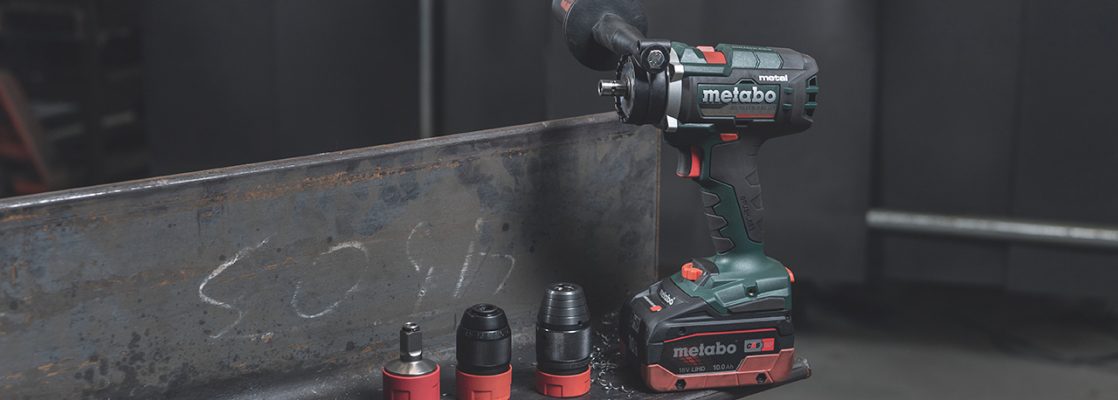
In the vast world of tools, the hammer stands as one of the most recognizable and widely used instruments. Its simplicity, versatility, and durability have made it a staple in every toolbox, from the professional contractor’s to the average homeowner’s. However, a question that often arises in discussions about tools is: Is a hammer an electrical tool? This article aims to delve into this query, exploring the nature of hammers, their classification, and the advent of their electrical counterparts.
The hammer, in its most basic form, is a hand tool. It consists of a weighted head fixed to a long handle, designed to deliver a blow to an object. This simple mechanism does not involve any electrical components, thus classifying it as a non-electrical tool. However, the evolution of tools and technology has blurred the lines of this classification.
In the modern era, the term hammer does not only refer to the traditional hand tool. It has expanded to include a variety of power tools that perform the same basic function – delivering a forceful blow – but through electrically powered mechanisms. These are known as hammer drills or rotary hammers.
Hammer drills and rotary hammers, unlike traditional hammers, are indeed electrical tools. They are powered by electricity and use a motor to drive their action. These tools combine the rotational motion of a drill with a pulsating hammering action to break through tough materials like concrete or masonry. The advent of these tools has revolutionized industries like construction and carpentry, offering a more efficient and less labor-intensive alternative to manual hammering.
However, it’s important to note that while hammer drills and rotary hammers fall under the umbrella term hammer, they are not the same as the traditional hand hammer. The latter is a simple, non-electrical tool, while the former are complex, electrical tools.
In conclusion, the classification of a hammer as an electrical tool depends on the context. If one is referring to the traditional hand hammer, then no, a hammer is not an electrical tool. However, if one is referring to hammer drills or rotary hammers, then yes, in this context, a hammer can be considered an electrical tool.

